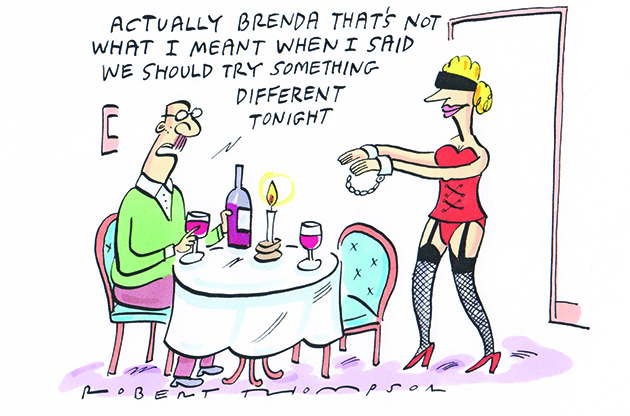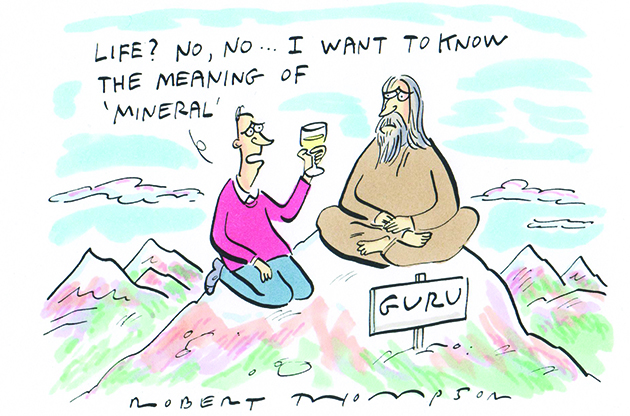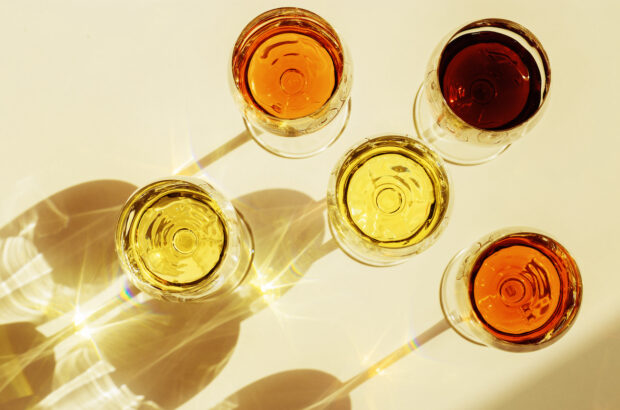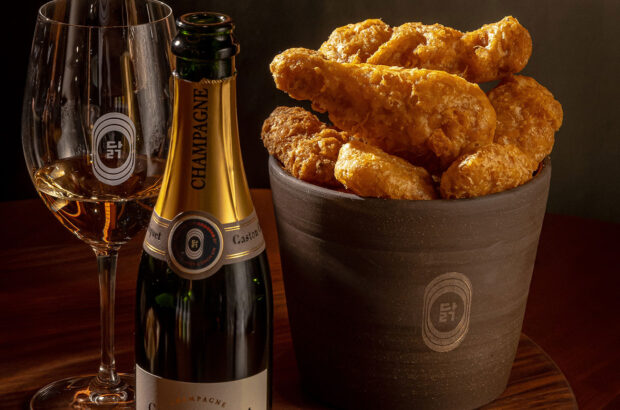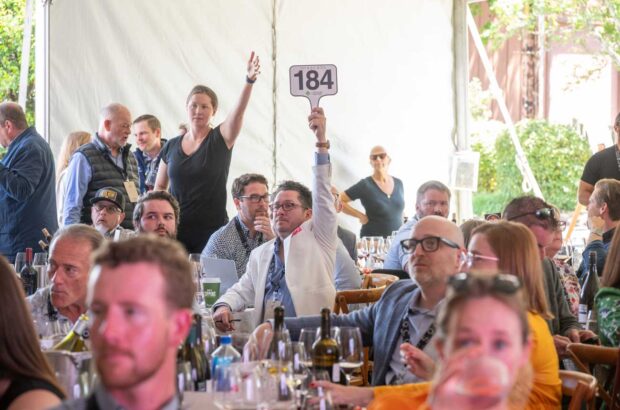Preoccupied by Pinot Noir? Can’t get enough Crozes-Hermitage? Chances are you’ve been bitten by the wine bug – a costly but manageable condition. Margaret Rand describes the symptoms...
At what point does wine beginner turn into wine buff? Is there a lightbulb moment when you realise you know more than the person serving you in the shop? When caution turns to confidence in a restaurant?
In truth it’s less lightbulb and more the upward turn of a dimmer switch, from darkness to gradual illumination. Here are six signs of the best sort of wine buffery…
1 – When you’re more interested in the producer than the vintage
Vintage charts are useful as an aide memoire, but no more than that: a good grower will make lovely wine even in a difficult vintage, and superb wine in a great one. A poor grower needs a great vintage to make even respectable wine. Besides, are you really able to remember just which vintages in which regions were rot-infested, drought-afflicted, late, early, concentrated or dilute? Vintage difference matters, but grower difference matters more.
2 – When you find a good independent wine merchant, and listen to what they say
Good independent merchants who seek out their own wines and know their growers have done the donkey work for you. Keep shopping around until you find one whose tastes coincide with yours (do you fancy Italy? Spanish whites? Not-too-high alcohol?) and then when they recommend something, be prepared to try it. If you like it, find out more about it.
3 – When you become more tolerant of below-par bottles
TCA-affected wine goes straight down the sink, as does anything horribly oxidised, or horribly anything. But what we’re talking about is an acceptance that wine is different to frozen peas. Some wines will still close up for periods of their lives, and some wines will show better at some periods or on some days, than on others: some 1976 Champagnes have been through a rollercoaster of highs and lows. Like it or not, there’s an element of unpredictability to wine. The motto of the fully fledged wine buff is perhaps just one word: relax. There’s always something else to try.
4 – When you find yourself discussing minerality
Everybody’s favourite tasting note now is ‘mineral’ – but what on earth does it mean? Does it mean just that – earth? Or acidity, or the absence of fruit? You’re ready to join in the discussion now, because you know that what ‘mineral’ absolutely does not mean is that certain minerals have somehow travelled up the vine trunk, landed in the grapes and sneaked through into the wine. Mosel Riesling may have a taste that we describe as ‘slatey’ but it does not contain slate. By now you find yourself using the word ‘mineral’ to describe the sort of flavour that resembles licking rock; it is, you’ve discovered, a useful descriptor. But you know it has no more literal meaning, in fact rather less, than ‘green pepper’ or ‘roses’.
5 – When you buy a wine because you’ve never heard of it
You’re gaining confidence now: you buy a Jura wine, perhaps, because you know that it’ll be unlikely to poison you, and at the very least it’ll be fun to taste something unknown. What you’ll probably do is fit this strange creation into the parameters of what you already know: is it dry, sweet, weighty, light, simple or complex? Is it fruit-driven or does it have a sense of the vineyard where it was grown? Is it good value or expensive for what it is? You’ve just opened up another corner of your wine world.
6 – When you serve friends wines they might not like, but you will
You might even have discovered such wines at point 3. Some will blink a bit when you hand them a glass of en rama fino – but you know that either they will love its darker colour and extra pungency immediately, or they will when you’ve told them all about it. Watch out for signs of eyes glazing over, however: there’s a danger of wine boredom at this point. If they like it they’ll finish the glass. If not, there’s all the more for you.
Do you have any other signs that mean you’re becoming a wine buff? Share them with us @Decanter
Margaret Rand was the 2013 Louis Roederer Feature Writer of the Year.



